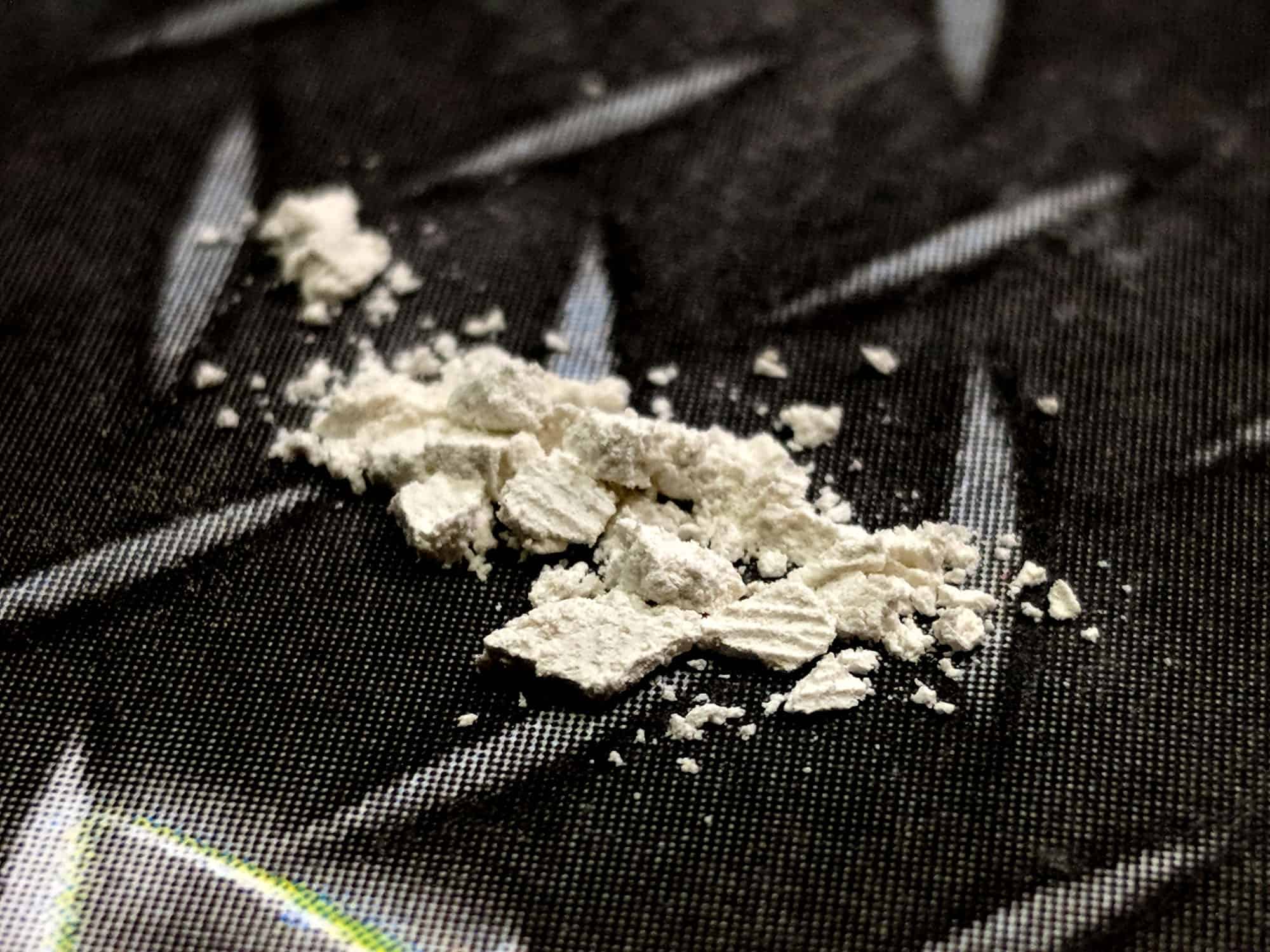Kelp4less.com offers quality products at competitive pricing. Organic fertilizers, custom fertilizers, soil amendments, hydroponic nutrients and supplements. We are a trusted 5 star Power Seller with 99.9% Positive Feedback! Download el capitan installer app. Kelp Meal Use: Feed Supplement Kelp are large seaweeds, of which 300 different types exist. Commonly known as Norwegian Kelp or Rockweed, Ascophyllum nodosum grows exclusively on the coasts of the North Atlantic and is particularly abundant in Canada. Bluestacks for high sierra. It has been used for centuries as a natural feed supplement.
You dont use their cal mag do you?Silica . . . ahhhhh, Silica. Well, technically, Silicon Dioxide, but still. Silica is an organic compound with a ridiculous amount of benefits for your plants. Silica increases the strength of cell walls, actually fortifying the cells from the inside out. Stronger cell walls are good, this means your plant will be able to support the weight of the flowers, fruit, and/or buds you’ll eventually see.Do you know your Peruvian bat guano from your liquid kelp? If so, chances are you are a fan of organic lawn care. Advocates for this more-natural set of lawn and gardening practices argue that if you rely on synthetic fertilizers and pesticides, your green lawn isn't really that green. Kelp4less LLC is one of the top gardening e-retailers in the United States. It owns and operates Kelp4less. Which was founded as a family business in 2007 and regularly earns industry-leading customer service ratings. Our roots run deep, servicing farmers and farming communities since 1974.

 Silica also increases resistance to stress – due to both climate (helps plants withstand extreme temps, both high and low – which is great if you live somewhere with a big temperature variance between day and night) and drought. Silica protects your plants against drought in a really cool way – it actually forms a protective coating on an intracellular level, which decreases the amount of water loss through transpiration – this is great because your plants will be able to withstand a drought much longer than plants not treated with silica.
Silica also increases resistance to stress – due to both climate (helps plants withstand extreme temps, both high and low – which is great if you live somewhere with a big temperature variance between day and night) and drought. Silica protects your plants against drought in a really cool way – it actually forms a protective coating on an intracellular level, which decreases the amount of water loss through transpiration – this is great because your plants will be able to withstand a drought much longer than plants not treated with silica.Silica increases resistance to pathogens, too, including powdery mildew. Now, if you’ve ever dealt with powdery mildew, you KNOW what a big deal that is!!! If you haven’t dealt much with powdery mildew, or just want to know more about it, check out the blog we wrote on it: here. Basically, the plants build up an additional mineral barrier, using the silica, which lines the cells and makes it more difficult for diseases and pathogens to penetrate the plant at all. Silica also helps the plant resist sucking bugs by accumulating in the outer walls of leaves – when used as a foliar spray, you’ll see good results.

Kelp4less Extreme Blend
Also, Silica increases the metabolic rate in your plants, and, just for fun, silica has been shown to increase chlorophyll concentrations. This is great, because your plants will be greener, and you also see less wilt to your leaves.So . . . why can’t I just use Potassium Silicate for all those things? Well . . . you can. However, potassium silicate is not listed as an organic product, whereas Silicon Dioxide is. There are many of the same properties among both substances, but if you are looking for an organic way to increase cell strength, metabolism, and resistance to pathogens and environmental factors, then Silicon Dioxide (silica) is most definitely the way to go!
 Silica
SilicaSilicon Dioxide (Silica)
So when is it good to use Silica? Should I use it in the grow cycle or the bloom cycle? That’s an excellent question – so far, we’ve seen benefits to Silica in every stage. So basically, from seed to fruition. Plants grown in soil tend to uptake trace amounts of silica from the soil, whereas if you are a hydroponic gardener, there is no silica in your growing medium unless you manually add it in!
Also, plants grown with silica tend to show less shock during root growth from transplanting, as well as the flowers having a longer shelf life than those grown without silica.